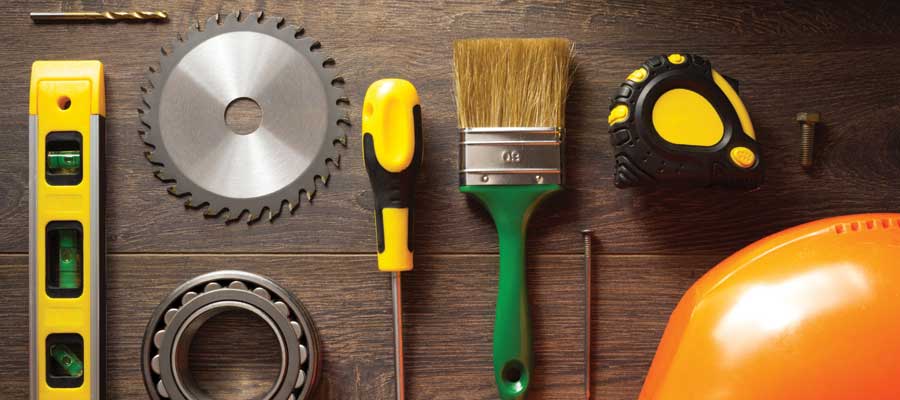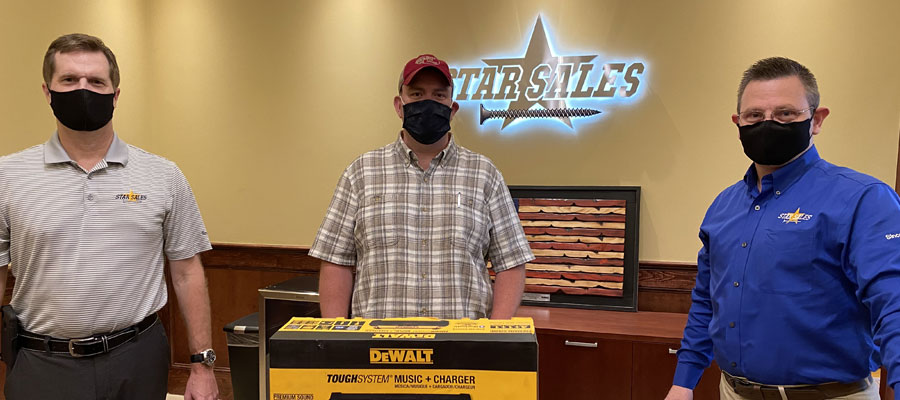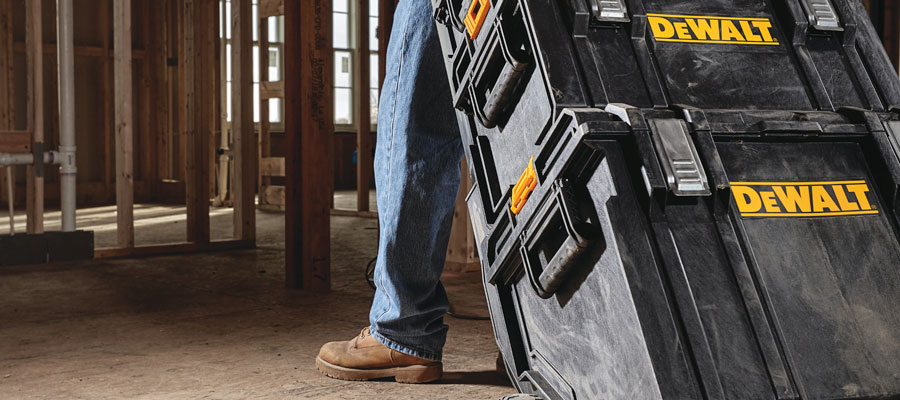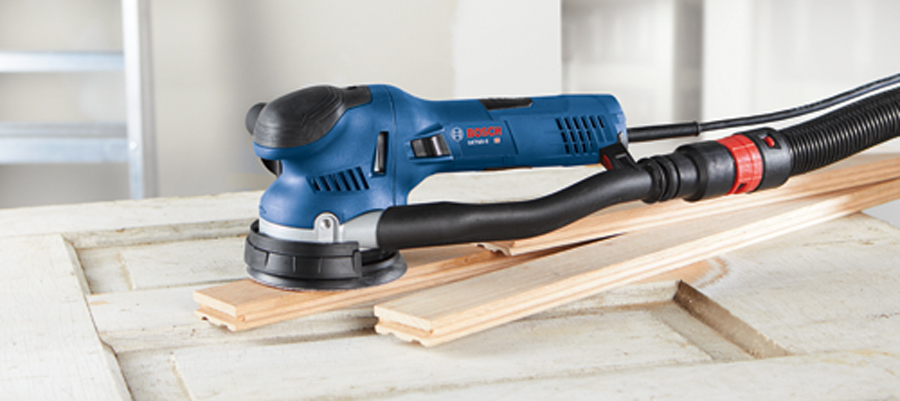We've all heard the old saw, "An ounce of prevention is worth a pound of cure." Though there are many places where this is accurate to daily life, it's also very accurate in construction. We've all been on projects where something wasn't done right in the foundation that caused problems throughout the rest of the job and we've had tools fail because they weren't being properly maintained in the first place. Though this is not a complete list, it will help you get significantly longer life out of your tools.
Follow the manufacturer's schedule of maintenance.
Though this seems like a simple task, it's often one of the most commonly missed practices in tool use. Set up the schedule on your calendar to ensure it isn't forgotten.
Use the proper extension cords.
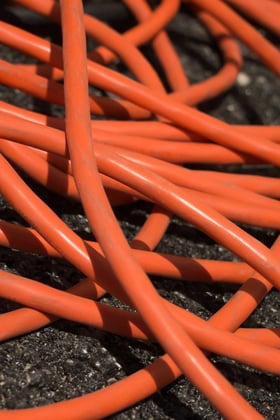
Sure, you can get power from an extension cord that is not rated for the level of power you need, but it will heat up, causing a potential fire hazard and damaging the power cord and possibly your tool.
Use the right sized tool for the job.
That little driver drill is great for quick fastening, but it'll burn out if you're trying to drill cast-in-place concrete with it.
Store tools properly.
We've all seen the neglected power tool that has rusty guides or bolts and screws that won't break loose because they've been left out where they "should have been dry". Keep them dry and protected in a case or tool box when possible.
Oil your tools daily
Specifically air tools and the moving parts of other tools, as this will help ensure they'll remain functional and prevent wear in the long term. Wipe down steel with a light coating of oil after cleaning to prevent corrosion.
Drain the air from your compressor daily and water from the compressor weekly.
This helps prevent moisture from building up and corroding your compressor tank from the inside out.
Use compressed air to get the dust out of your tools.
By cleaning your tools out this way, you're prevent overheating caused by the insulative effect of debris on your tools. You can also use this technique to keep your motor vents open.
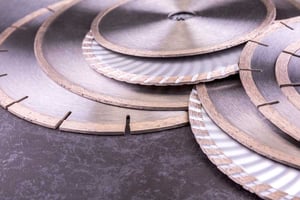
Replace consumables as they loose performance or become damaged.
We've all seen it - the circular saw blade that has to nearly be pushed through a board to cut it. Replacing consumables is safer and helps speed up your crew's work.
Repair your tools.
Repair the tool before the small issue becomes a much more significant problem. You know that noise in the truck that you've been ignoring, hoping it will go away? It could be a slightly harsh shift that is easy to fix now, but will require a new transmission down the road.
Replace tools that are not repairable. That hammer with the dodgy handle? Much less expensive to replace it than to deal with a doctor's bill when it flies apart and strikes someone on your crew. By taking a little time now to take care of your tools, you can significantly lower your repair and replacement costs and improve your business' overall profitability while preventing problems in the field. If you need help finding the right tools for the job or need advice on keeping your tools operating at peak efficiency, please feel free to contact the professionals at Star Sales today. We're always happy to help keep your project rolling forward.

